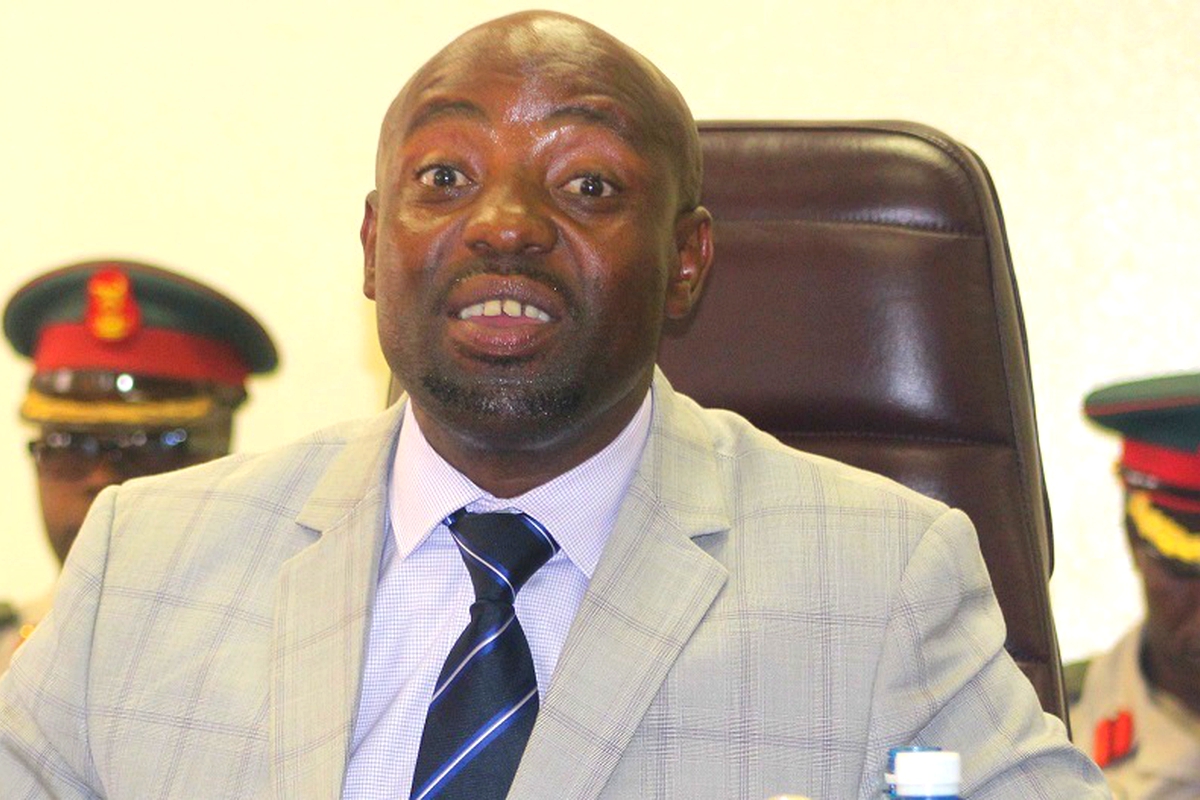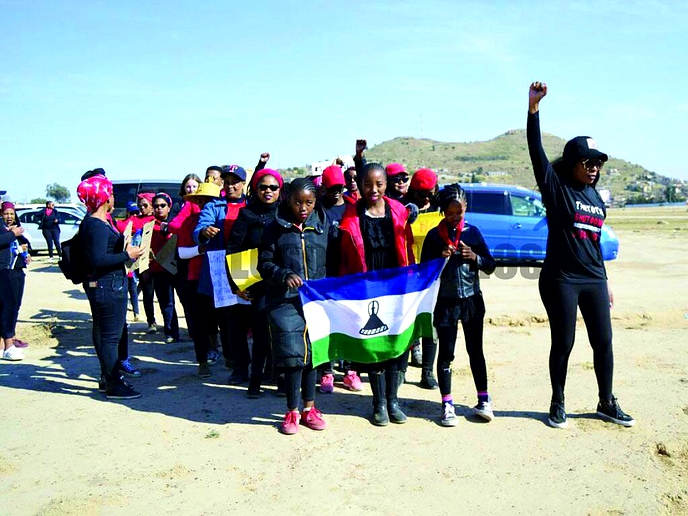THE government is set to subsidise farming inputs for the upcoming winter cropping season with 60 percent, the Minister of Agriculture and Food Security, Tefo Mapesela has said.
business
March 30, 2021
STAFF REPORTER
4 min read
Govt to subsidise winter cropping

The Minister of Agriculture and Food Security Tefo Mapesela
But it is only famers who show willingness and interest to venture into winter cropping who will be sold the farming inputs with subsidised prices.
Such farmers will be expected to till their lands on time as a sign to show eagerness for the winter cropping.
The basic crops that they are expected to plant in this season include peas and wheat.
Mr Mapesela said the farmers should liaise with their agriculture extension officers in their respective areas so that they can get the necessary assistance.
This, according to him, is going to be a national issue where all farmers across the country will be helped.
He said winter farming implements are readily available in most local agricultural stores.
“We still have left- overs of the last winter cropping. But we have bought more this year so that we do not experience stock-outs,” he noted, adding that his ministry has budgeted for both the winter and summer cropping seasons.
He is confident that Basotho have enough land to plant the crops that can put their hunger at bay.
He said while he is still the minister of agriculture, he wants to see Basotho being able to produce enough food to feed their families, adding that farming is relatively cheap in Lesotho as government subsidises it.
Owing to a lot of moisture caused by recent heavy rains, there is high hope that there will be good yields for the winter crops.
According to the Bureau of Statistics, 2014, wheat is the third most important cereal crop in Lesotho, after maize and sorghum.
It is grown mostly by smallholder farmers in the mountain areas in dry land conditions and due to its cool climatic requirements; it is well suited to such areas.
There are some pocket areas in the foothills and lowlands where it is also grown in the winter season.
The Ministry of Agriculture report of 2000 says there is a vast scope of extending wheat cultivation to other zones. The report adds that time for planting is variable among the ecological zones of Lesotho.
The crop is grown in the winter season using winter or facultative cultivars that require vernalisation - the cooling of seeds during germination in order to accelerate flowering when it is planted.
According to the report, spring wheat grows very well vegetatively, but does not give substantial yield because of lack of vernalisation.
The study further shows that important factors affecting wheat productivity include late planting time, seeding rate, low soil fertility, poor seed-bed preparation and adverse climatic conditions during the growing season.
Enjoy our daily newsletter from today
Access exclusive newsletters, along with previews of new media releases.
Lesotho Review, 2015, states that the extension services provided by the government seem to be ineffective when assessing their impact on wheat productivity.
Reports show that Mokhotlong is the country’s top producer of peas.
In 2009, Mokhotlong produced 355 tonnes of peas, accounting for 32.42 percent of Lesotho's overall pea-production.
The other top four producers include Thaba-Tseka, Mohale's Hoek, Mafeteng, and Maseru which account for 81.64 percent of peas produced in the country.
Lesotho National Farmers Union (LENAFU) National Coordinator Khotso Lepheana said they welcome the move made by Mr Mapesela, adding that a similar strategy was adopted with the summer cropping.
He said the minister has also advised farmers to plant crops in the same area so that the leased machinery would be able to readily work on their land.
“We had past experiences where some businesspeople hurried to the ministry to buy the farming inputs under the pretext that they were farmers and the same people later sold the inputs for profit.”
Tailored for you






